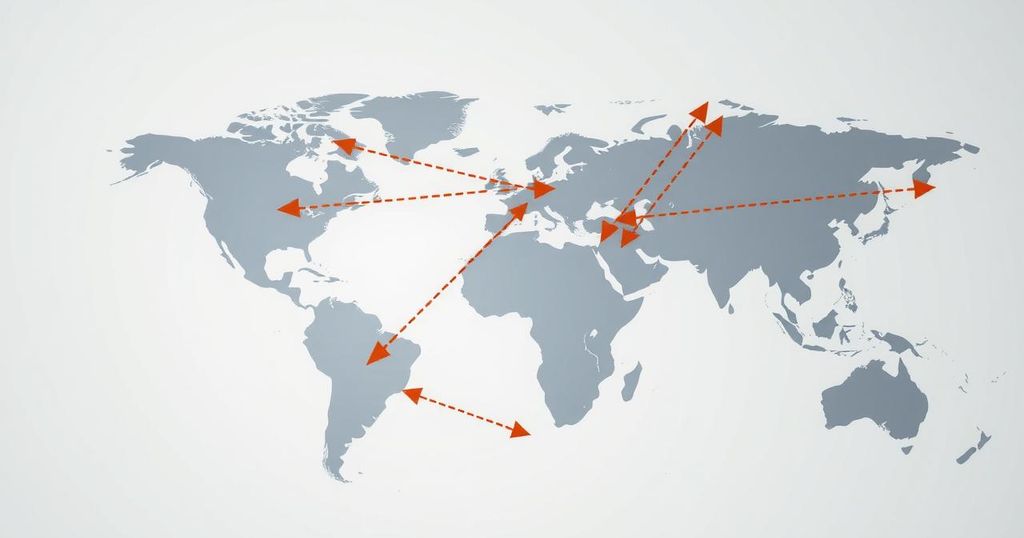The article argues that Israel’s security strategy mistakenly prioritizes Iran over the immediate threat posed by Hamas, which is driven by religious ideology rather than economic interests. The author calls for a Gaza-first approach to victory against radical Islam, emphasizing the importance of controlling land and addressing the true nature of this ideology.
The widely accepted notion among Israelis that Hamas is deterred stems from outdated assessments favoring economic concerns over ideological motivations. However, the harrowing events of October 7 revealed a deeper reality: Hamas is driven by identity and religious ideology, not mere economic interests. Despite this clear understanding, the leadership continues to pursue strategies that fail to confront the true nature of the enemy, leading to dangerous misconceptions in strategic planning.
The current Israeli security strategy focuses heavily on Iran as the principal enemy, often disregarding the persistent threats posed by Hamas and other radical groups. Instead of recognizing Hamas’ ideological roots, discussions revolve around dismantling Iran as the so-called ‘Head of the Snake.’ This approach, stemming from assessments like the Nagel Committee’s report, emphasizes prioritizing Iranian threats over direct actions against active, immediate dangers in Gaza.
Moreover, leaders in Tehran prioritize a global religious agenda over Iranian nationalism, complicating the narrative of Iran being the sole enemy. The Khomeinist ideology seeks a global jihad, which persists regardless of the fate of the Iranian state. This ideological perspective, shared among both radical Shiites and Sunnis, illustrates the pervasive nature of the true enemy, which is rooted in religious extremism rather than state actors.
The critical lesson post-October 7 is recognizing that the real battle lies against a radical ideology, which fuels ongoing cycles of violence and regeneration of militant organizations. Therefore, any strategic assessment must pivot from an Iran-first approach to a Gaza-first strategy, as victory over Hamas will fundamentally test the resilience of Western ideals against radical Islam.
The implications are profound: failing to secure a decisive victory in Gaza would signal a broader vulnerability in the West’s capability to confront radical ideologies. This battle is not just military; it is about controlling narratives and ideologies that support totalitarian aspirations, which threaten the core of Western values.
The urgent need for a robust Israeli military strategy in Gaza is clear. Establishing control in the region is essential to counter threats from Hamas and similar organizations that proliferate across the region. A strong ground force capable of definitive action is imperative, echoing historical precedents against authoritarian regimes.
Unfortunately, Israel’s military and political leaders appear to have retreated from Gaza, continuing to emphasize Iran and Saudi Arabia in discussions. This misdirected focus endangers the possibility of achieving lasting victory, as the true enemy remains unaddressed.
This article critiques the current Israeli security strategy, particularly its focus on Iran as the primary adversary, following the tragic events faced on October 7. It highlights the misinterpretation of Hamas’ nature, underlining that the organization is driven by religious ideology rather than economic interests. The author argues for a strategic shift towards addressing immediate threats in Gaza to combat the ideology that fuels radicalism across the globe.
The failure to recognize and confront the true ideological enemy, particularly within Gaza, poses a significant threat to Israel and the broader West. The ongoing prioritization of Iran over immediate regional dangers undermines Israel’s security strategy, as real victory can only be achieved by addressing the ideological motivations driving terrorist organizations like Hamas. An effective response necessitates strong military action and a shift in focus to win the ideological battle.
Original Source: www.jpost.com






